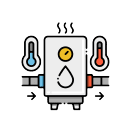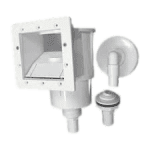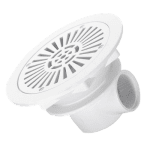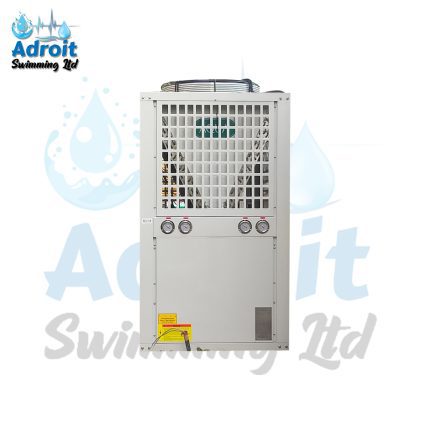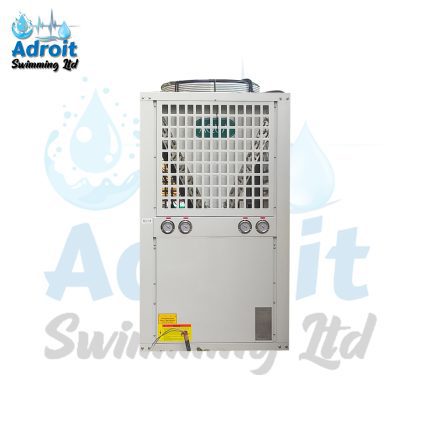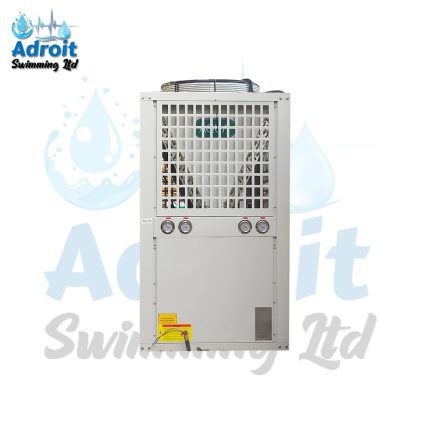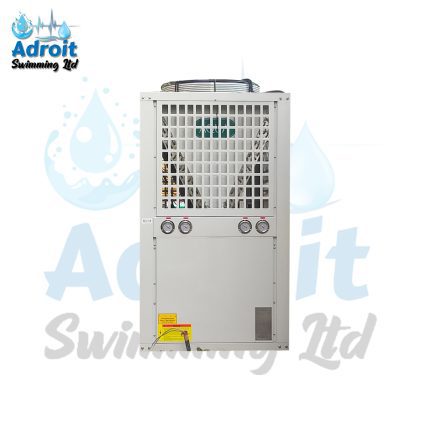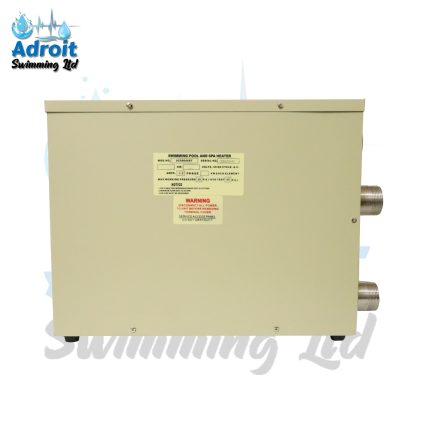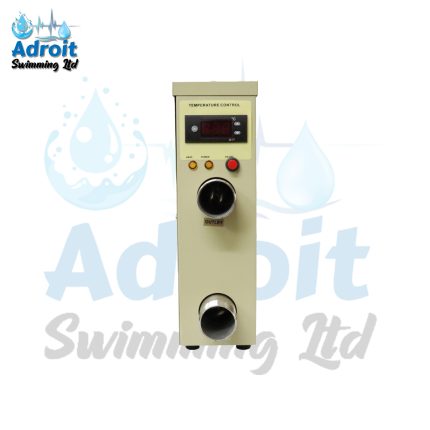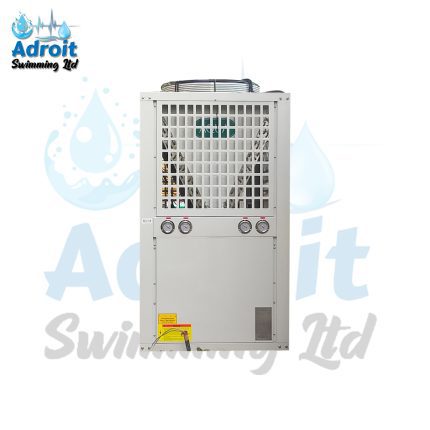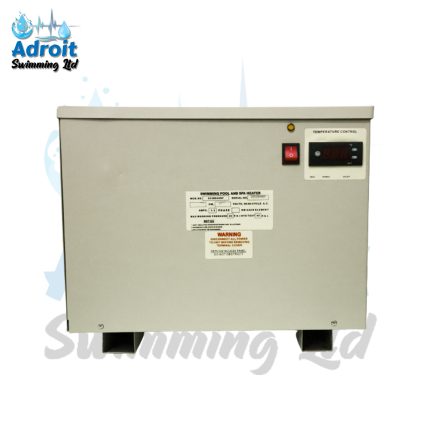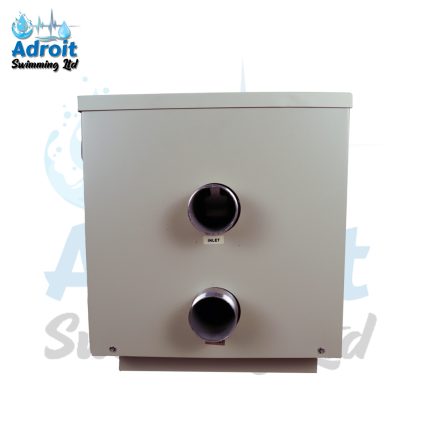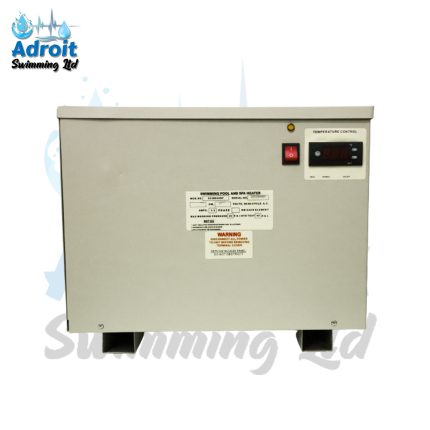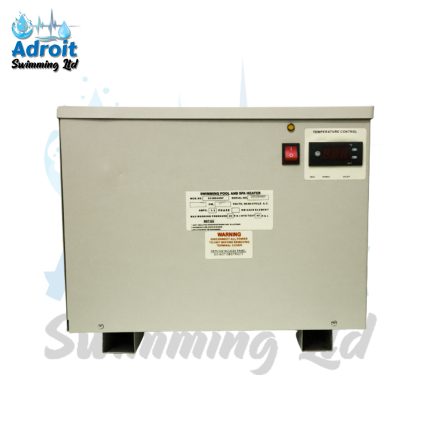Pool Heating System Community
Step into the warmth and relaxation of our poolside sanctuary! Whether you’re a seasoned pool owner or just diving into the world of aquatic leisure, this space is your go-to hub for all things related to pool heating systems.
Certainly! A swimming pool heater is a device used to regulate and maintain the temperature of a swimming pool, ensuring that the water is comfortable for swimming regardless of external weather conditions. Here's a breakdown of its full details: 1. Types of Swimming Pool Heaters:
- Gas Heaters: These heaters use either natural gas or propane to generate heat. They are known for their rapid heating capabilities and are suitable for pools of various sizes. Gas heaters are often preferred for their efficiency in colder climates.
- Electric Heat Pumps: Electric heat pumps extract heat from the surrounding air and transfer it to the pool water. While they are more energy-efficient than gas heaters, they are generally slower at heating the water and may not be as effective in extremely cold climates.
- Solar Heaters: Solar heaters utilize the sun's energy to heat the pool water. They are environmentally friendly and cost-effective once installed, as they rely on free solar energy. However, they are dependent on sunlight availability and may not be as efficient in areas with limited sunlight or during cloudy days.
- Heat Exchanger: This component transfers heat from the energy source (gas, electricity, or solar) to the pool water.
- Thermostat: The thermostat regulates the temperature of the pool water by turning the heater on and off as needed to maintain the desired temperature.
- Pump: The pump circulates the pool water through the heater and back into the pool, ensuring even heating throughout.
- Control Panel: The control panel allows users to set the desired temperature, monitor the heater's operation, and adjust settings as necessary.
- Proper installation is crucial for the efficient and safe operation of a swimming pool heater. It typically involves connecting the heater to the pool's plumbing system and ensuring proper ventilation for gas heaters.
- Regular maintenance, including cleaning the filter, checking for leaks, and inspecting the heating elements, is essential to keep the heater functioning optimally and prolong its lifespan.
- Pool Size: The size of the pool influences the choice of heater, as larger pools may require more powerful heaters to maintain the desired temperature.
- Climate: The local climate and weather patterns impact the effectiveness of different types of heaters. For example, gas heaters are often preferred in colder climates for their ability to heat the water quickly.
- Energy Efficiency: Consider the long-term operating costs and energy efficiency of the heater, especially for electric and gas heaters, which may consume significant amounts of energy.
- Budget: Evaluate the initial cost of the heater, as well as ongoing maintenance and operating expenses, to determine the most cost-effective option for your needs.






